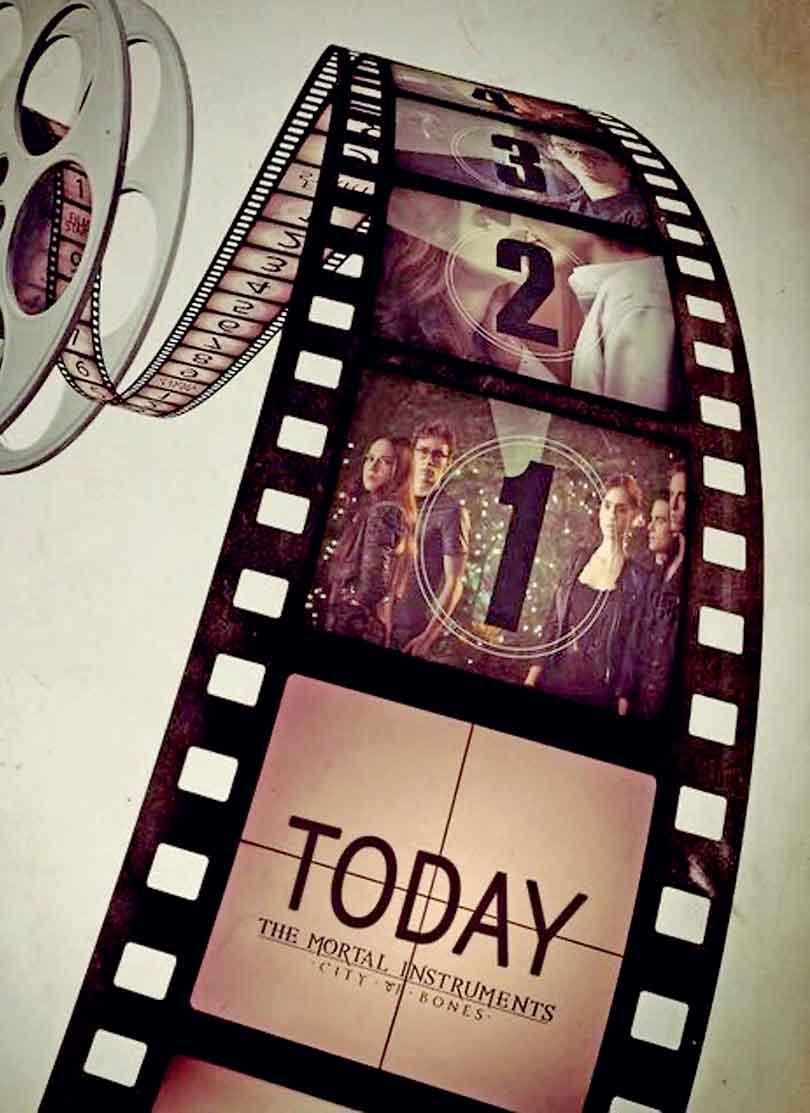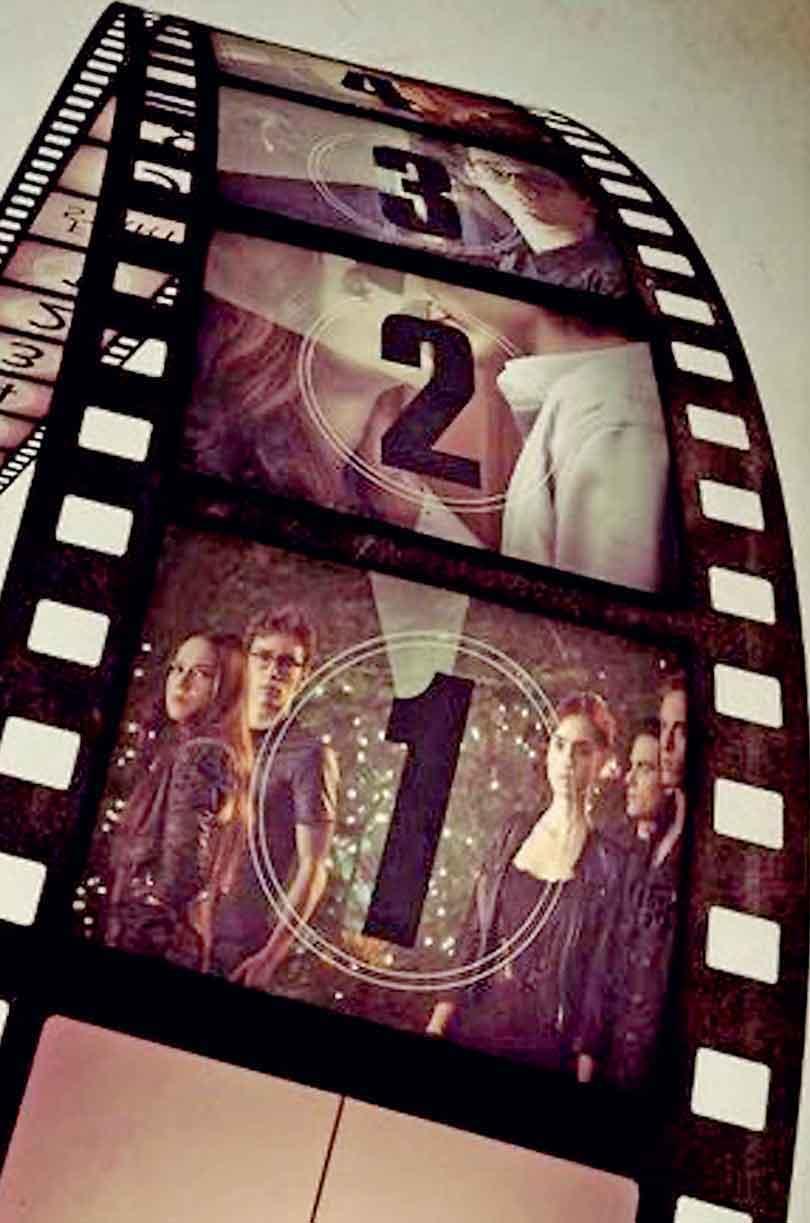How Reviews Shape What We Watch
|
Before spending money on a ticket or subscribing to a streaming service, many people seek out reviews, whether from established newspapers, online platforms, YouTube channels, or social media. |
1.Have you ever chosen a movie simply because a review said it was a must-watch? Or skipped one because it was panned by critics?
Whether we realize it or not, film critics play a significant role in shaping our viewing habits. Their words can boost a film to blockbuster success or leave it struggling to recover from a poor opening weekend. In today’s digital age, where time is precious and entertainment options are endless, film reviews act as a compass, guiding us toward stories worth our attention.
2.What Is Film Criticism?
At its core, film criticism is the art of analyzing and evaluating films. It’s more than just a thumbs up or down. A good film critic dives into various elements: the story, acting, direction, cinematography, music, editing, and the film’s emotional and intellectual impact. Critics don’t just state whether a film is good or bad, they explain ‘why’ it works or doesn’t. Through this detailed analysis, audiences gain a richer understanding of the film, its themes, and the craft behind it. Importantly, criticism isn’t about complaining or tearing down someone’s work. Rather, it involves careful observation, thoughtful interpretation, and the honest sharing of an opinion. A critic might praise a film for its originality and strong performances or point out flaws in pacing or character development. In both cases, the goal isn’t to insult but to offer insight and help audiences make informed choices.
3.Why Reviews Matter
Before spending money on a ticket or subscribing to a streaming service, many people seek out reviews, whether from established newspapers, online platforms, YouTube channels, or social media. With so much content available, reviews act as filters, helping us avoid wasting time on films that don’t meet our expectations. In this way, film critics become cultural influencers. A positive review from a trusted critic can push a film into the spotlight, especially if it's a small-budget or indie production. On the other hand, a negative review can spell trouble, particularly for big-budget blockbusters with high expectations. The early days of a movie’s release are critical, strong reviews can drive large audiences to theaters, while bad ones may deter viewers altogether.
4.Why Reviews Matter
Before spending money on a ticket or subscribing to a streaming service, many people seek out reviews, whether from established newspapers, online platforms, YouTube channels, or social media. With so much content available, reviews act as filters, helping us avoid wasting time on films that don’t meet our expectations. In this way, film critics become cultural influencers. A positive review from a trusted critic can push a film into the spotlight, especially if it's a small-budget or indie production. On the other hand, a negative review can spell trouble, particularly for big-budget blockbusters with high expectations. The early days of a movie’s release are critical, strong reviews can drive large audiences to theaters, while bad ones may deter viewers altogether.
5.Subjectivity and Taste
Of course, film criticism isn’t an exact science. Critics are human, and their opinions are shaped by personal taste, cultural context, and cinematic knowledge. Sometimes, a film that critics dislike becomes a fan favorite. Other times, a critically acclaimed movie may not resonate with general audiences. That’s why it’s wise to read a range of reviews or find a critic whose tastes align with your own. More importantly, critics don’t intend to dictate what we should or shouldn’t enjoy. Instead, they invite us to think more deeply about what we watch. They highlight details we might have missed, pose questions that spark discussion, and place films within larger cultural and historical frameworks. A great review doesn’t just summarize; it enriches the viewing experience.
6.Keeping the Conversation Alive
Ultimately, film criticism is an essential part of the cinematic ecosystem. While reviews may not guarantee you’ll love or hate a movie, they offer valuable guidance. They amplify the voices of emerging filmmakers, elevate the art of storytelling, and help us better appreciate the nuances of the medium. In a world filled with constant content and quick consumption, critics remind us that films are more than just products to consume. They are works of art, conversation starters, and reflections of our times. And thanks to the thoughtful work of film critics, we can continue to engage with them not just as viewers, but as active participants in the world of cinema. So, the next time you're unsure of what to watch, consider reading a review. You might find a hidden gem, avoid a letdown, or discover a new perspective on a film you thought you already understood. After all, movies are meant to be experienced, and thanks to critics, those experiences are deeper, richer, and more rewarding.
Sometimes, a film that critics dislike becomes a fan favorite.















